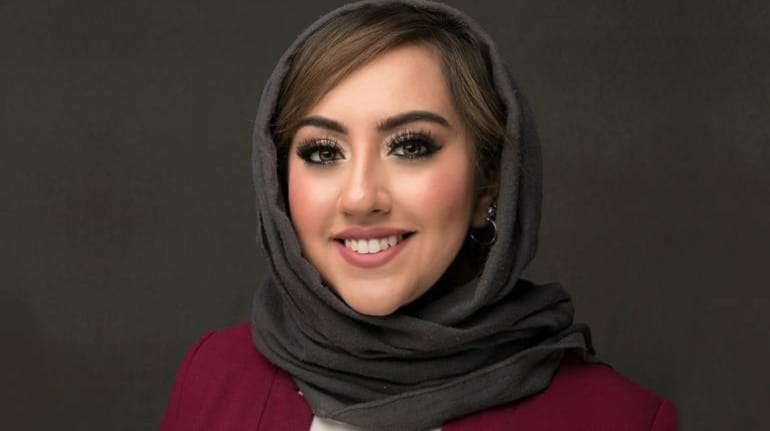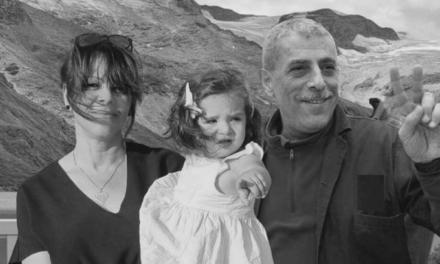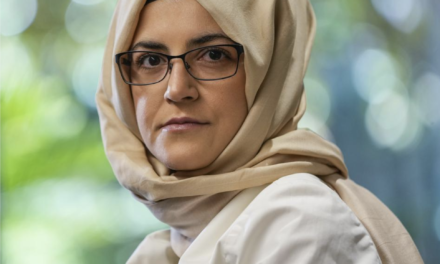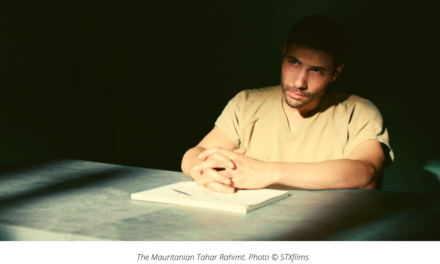When the Squad — Reps. Alexandria Ocasio-Cortez (D-N.Y.), Ilhan Omar (D-Minn.), Ayanna Pressley (D-Mass.), and Rashida Tlaib of (D-Mich.) — took the United States Congress by storm, political pundits wondered: was this progressive wave of young leaders here to stay?
Three years later, the Squad is not only still here, but growing with the addition of Reps. Jamaal Bowman (D-N.Y.) and Cori Bush (D-Mo.). And it’s not stopping there, at least not if Bushra Amiwala has anything to say about it.
“I just love the way that all these women carry themselves with so much poise and grace and resilience and don’t let the haters get to them, because there’s so much negativity that comes their way and everything that they do in spite of that is really inspiring for me to see,” she said in an interview with Changing America.
Inspired by these role models, Amiwala is part of a new generation stepping into politics. The youngest Muslim elected official in the country, she didn’t grow up wanting to be president, but a stint as a high school intern on Republican Sen. Mark Kirk’s campaign pushed her to challenge 16-year incumbent Larry Suffredin in the Democratic primary for the Cook County Board of Commissioners in Illinois.
“The amount of times I was brought into an office with a man who’s in a position of power telling me to drop out is surreal to me, that this happened in our community,” Amiwala said.
She lost that race, but Suffredin encouraged her to keep at it, and just over a year later, she became the first Muslim person elected to a board of education seat in her district. Now Secretary Pro Tem on the Skokie Board of Education, Amiwala still works full time as an Account Manager at Google, balancing both jobs amidst the coronavirus pandemic, which has forced her and other local school officials to make tough decisions.
The DePaul University graduate first caught the attention of national media when she launched her campaign as a student and was named one of Glamour Magazine’s College Women of the Year in 2018 alongside inaugural poet Amanda Gorman. Her story and potential have made her the subject of a PBS documentary, “And She Could be Next,” and an unscripted series, “RUN The Series.” And yet, Amiwala says, her name itself remains relatively unknown.
“As women, we tend to be reduced to our identities, specifically our clothing and our appearances, and as a Muslim woman who wears the hijab being reduced to my identity meant the inability for people to see beyond my religion. So people always called me the Muslim teenager running for office to the point where people didn’t even know my name,” she said, recalling an article covering a campaign debate that mentioned her opponents’ policy ideas and her “stylish light pink hijab.”
It was her faith, however, and its emphasis on community service that first introduced her to the poverty, hunger, homelessness, food insecurity and educational inequality in her community — issues she’s hoping to tackle as part of her platform. But while she’s been able to make some impact, there’s so much more she wants to do.
“What I found upon getting to the Board of Education is that there are a lot of checks and balances in place that limit and almost hinder the work that we’re able to do at the local level because of federal and state policy,” said Amiwala, who hoped to do more to advance more equitable curricula in schools.
Right now, her politics are local, but Amiwala is determined to make a greater, lasting impact, and her drive has already been noticed by one of her biggest role models: Rep. Omar.
“My Twitter feed is lacking youth voices, tag yourself or a youth organizer fighting for change that I should be following on Twitter,” Omar said in a shoutout on Twitter earlier this week, before following Amiwala back (obviously, she already followed the Congresswoman).
“Excuse me while I fangirl,” Amiwala tweeted. Just for a moment, though. She’s got more work to do.
Originally Published By:
Anagha Srikanth for Changing America
Photo ©
Moneycontrol














